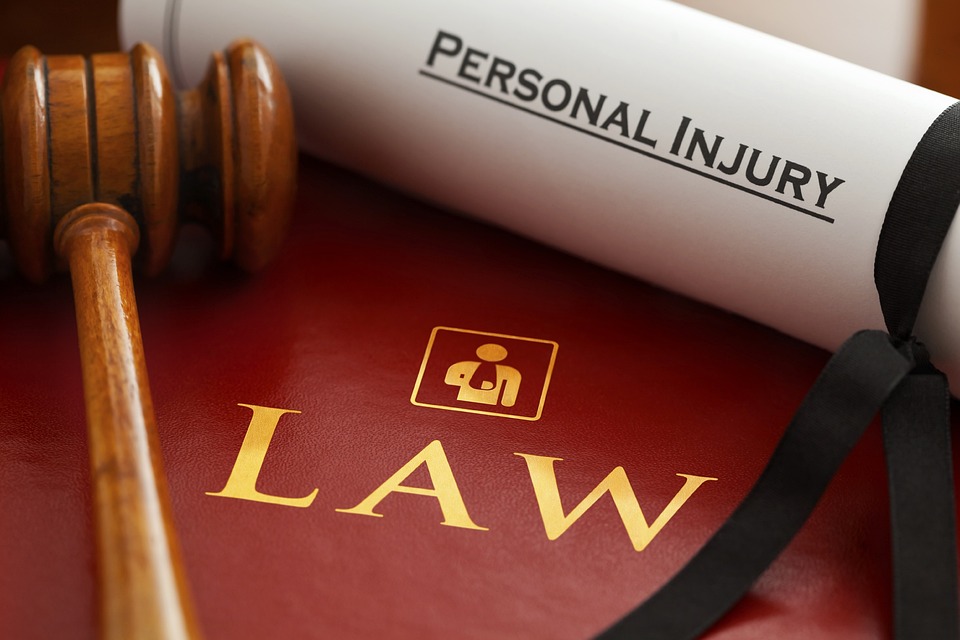Groups » 3 Things to Know about Personal Injury Laws in Illinois

Personal injury is the harm to the mind, body or emotion of an individual stemming from the negligence of another person. The victim can file a lawsuit against the person who has caused the harm on the basis of his/her:
• Negligence
• Reckless conduct
• Intentional misconduct
Some common types of personal injury accidents include:
• Road traffic accidents
• Work accidents
• Tripping accidents
• Product defect accidents
• Assault claims
• Medical negligence
The success of a personal injury lawsuit depends on establishing that the physical/mental injury or suffering of the victim has been caused due to the negligence of another party. Failing to do so will weaken the case. The victim will, therefore, do well to look for legal assistance from experienced Illinois personal injury lawyers who are conversant with the various personal injury laws. Only a skilled lawyer will be able to help the victim establish his/her stand and obtain fair compensation.
Here a few things to know about the personal injury statutes in Illinois when filing for a personal injury case:
1) Calculation of Damages Caused Due to the Injury
As mentioned, personal injury law provisions the compensation for damages to victims that may have occurred due to the negligence of another individual.
Here is a peek into the different types of compensation available for a victim in a personal injury case.
a) Special Damages: Special damages include compensation to the victim for the expenses related to personal injury. These damages also include the total amount of money that may have been lost due to the injury.
A few other types of special damages are:
• Medical Bills
• Loss of earnings/future earnings
• Costs related to future medical care
b) General Damages: The compensation for non-monetary damages is addressed under general damages. Personal injury victims are eligible to receive a certain amount for suffering general damages like:
• Pain and suffering
• Mental anguish
• Loss of consortium
c) Wrongful Death Damages: Wrongful death damages include compensation to the surviving family members of the victims. Common wrongful death damages include:
• Funeral and burial expenses
• Pre-death medical care
• Loss of financial contribution
• Loss of services and support
d) Punitive Damages: The misconduct of a person is highly unacceptable and the law decides to punish him/her in addition to heavy compensation charges. Here, the victim is subjected to punitive charges like fraud, negligence or deliberate violence from the defendant. The rationale for punitive charges is to punish the offender and deter his/her wrongful conduct in the future. Punitive damages are a form of relief and cannot be considered as an independent cause of action.
If the defendant has liability insurance, the insurance company will award the settlement to the victim up to the liability limits.
Compensation to punitive damages is sought in actions that involve bodily injury or physical damage. Punitive damages are prohibited in medical malpractice cases as this cause of action dies with the victim and cannot be recovered under the Wrongful Death Act.
2) Compensation for Emotional Distress
A personal injury refers not only to physical harm, but also mental distress. Under Illinois law, obtaining compensation for emotional duress is possible provided it results from:
• Offensive behavior of the defendant.
• The intention of the defendant to cause harm without considering the probability of emotional distress.
• Extreme pain suffered by the plaintiff.
• The plaintiff’s emotional suffering due to the defendant’s conduct.
3) Reparation for Slip/Fall Accident Injuries
A fall can happen due to the carelessness of the property owner. When appropriate safety measures are not taken into consideration and there is enough proof against the defendant, the plaintiff can consider filing a legal dispute against the defendant/property owner.
Injuries from a fall accident may include broken bones, internal trauma, and extensive bruising. Severe injuries may also require surgery and vigorous treatment.
To obtain compensation for slip-and-fall accidents, the victim will need proof of the following:
• The high risk presented by the property.
• Negligence of the property owner with respect to the condition of the property and injury risk involved.
• The injury that resulted due to the negligence of the property owner.
According to the statutes of limitations in Illinois, the time limit to file a claim for a fall accident is two years from the date of the accident. The victim will not be able to pursue a claim if he/she fails to meet this deadline.
Wrapping Up
Victims of personal injury accidents undergo tremendous emotional stress and physical pain. The first thing to do is to seek medical help and then check for legal assistance. The victims and their families may be entitled to fair compensation for their medical bills, loss of income, and other expenses resulting from personal injury. Experienced personal injury lawyers can protect the rights of the victims and help them establish their stand to obtain a reasonable financial settlement for the injuries and damages caused to them.
